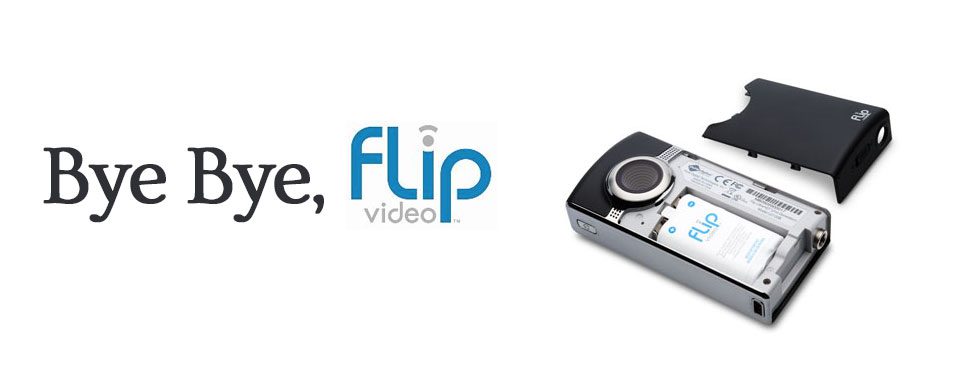This isn’t an article about humor, unless of course you’re one of these guys’ rivals, but it is an article about how quickly you can be washed out if you don’t find ways to stabilize, innovate, and grow.
First up on my list of the epic fails of modern technology is MySpace.com. Once representing half of the entire population of the United States, and the primary social media element of the early 2000’s, MySpace had every reason to succeed. They were fast growing, they were customizable, they’d found a way to monetize their product relatively early. But in the end, they’ve disappeared. What happened to them? Why did their innovative social network suddenly become the also ran behind Facebook?
The answer is probably not too complicated actually. I think with all social network products, the running is exceptionally tough. Because they are typically supported by a younger market consumer, they have to keep performing two actions to stay alive- firstly, they have to stay trendy. If they stop being talked about, a new, hotter social media website will come up and swallow them. Whether Facebook was better marketed or just managed to go ‘viral’ and become the darling of teens everywhere is up for debate, but in the end, MySpace lost its trendy allure. Secondly, their products have to find away to reach older and younger generations then their original demographics. Facebook has steadily been growing in influence across every major demographic, except for the ones just years from the grave. Its an impressive way to sustain your company, and affords you the opportunity to find other ways to increase relevance and revenues.
Up next, RIM, maker of the Blackberry smart phone and one time undisputed champion of the mobile phone market. They were the heavyweight, the name brand, the identifiable front runner. Nicknamed Crackberries, promoted by the President of the United States, they should have had it all. But they didn’t. What happened? Smart phones got smarter. Apple first realized that they could offer all the functionality of a business enabled smartphone without having to change the hardware to create a more playful, more social device. That innovation spurred on the creation of the Android platforms and a new iteration of the web enabled mobile market was born. RIM got caught up in the idea that its product was best suited for only one type of user and made limited attempts to reach the others. Its the same mistake that Microsoft has made time and time again, and its the same mistake that Myspace made. You have to find a way to grow and reach new consumers. Blackberry should have been able to leverage its position and prolong its downfall, but RIM was too focused and too stubborn to make the change. Now, only a few of the once popular phones exist, in natural reserves and zoos around the world.
Finally, and perhaps the fastest crash of them all- Flip video. In 2007, Flip video changed the nature of personal camcorders. Smaller, more portable, and easier to upload to other devices, the Flip camera family threw a punch squarely at the jaw of major camcorder makers Sony, Phillips, Samsung, etc. And the punch landed. Millions and millions of the devices were sold and for all intents and purposes they should have been able to cement their position atop the market. But Cisco purchased them and promptly bungled the development and guidance of the brand. Once again, the company forgot that you have to innovate to survive and the Flip video brand became an also ran, with Kodak effectively putting out similar products for better prices (some of which were better rated). As of this week, Flip is closing up shop, and Cisco is left trying to explain to its shareholders what the hell happened.
In the long run, the lessons to be learned are rather clear.
-
- You have to keep innovating. All of these brands failed to keep pushing the boundaries and reach of their products, and became too focused on their core demographic, and too fearful to expand.
- You have to keep growing. Major companies are reliant now on their ability to garner investment for future growth. Every quarter, they want to see impressive new numbers released about revenues, profits, and growth. Once you’ve caused them to question their confidence, you’re set for plateau, or crash.
- You have to stay trendy. People die. That is assured. IF you’re so focused on one group of people that you forget to reach younger audiences with new products, you’ll die too. Facebook started as a college thing, and preteens like nothing more then to be like older teens and young adults. That was an easy capability to leverage for Zuckerberg and his social network. The question will remain though, whether or not they can continue their impressive social network output now that businesses, and the kids’ parents are joining them in Facebook. I don’t think Facebook is relying on social users to be their main bread and butter, which is evidenced in their expansion into email, into messaging, into advertising, into search, and into media/entertainment.
Where ever you are, and no matter how large your business, bear in mind that these things are all relevant to you.


